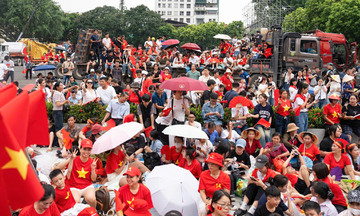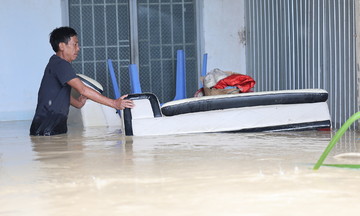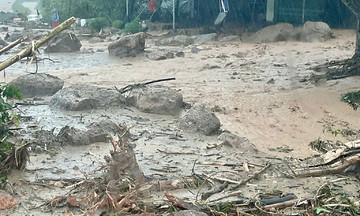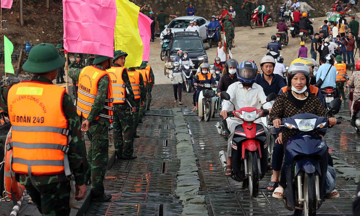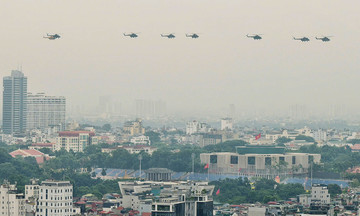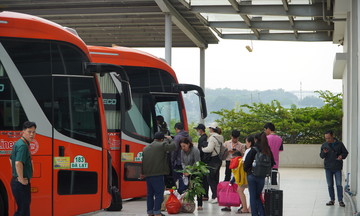These administrative procedures cover 15 areas, from food safety, industry and trade, and tourism to healthcare and construction. Of these, 1,862 procedures are handled at the city level, 363 at the ward, commune, and special zone level, and 9 by other agencies.
With the two-tiered government model implemented on 1/7, many administrative procedures previously handled at the district level have been delegated to the commune level. For example, the confirmation of land status (agriculture, environment) or the receipt and approval of monthly social welfare payments (labor, war invalids, and social affairs) are now handled at the commune level.
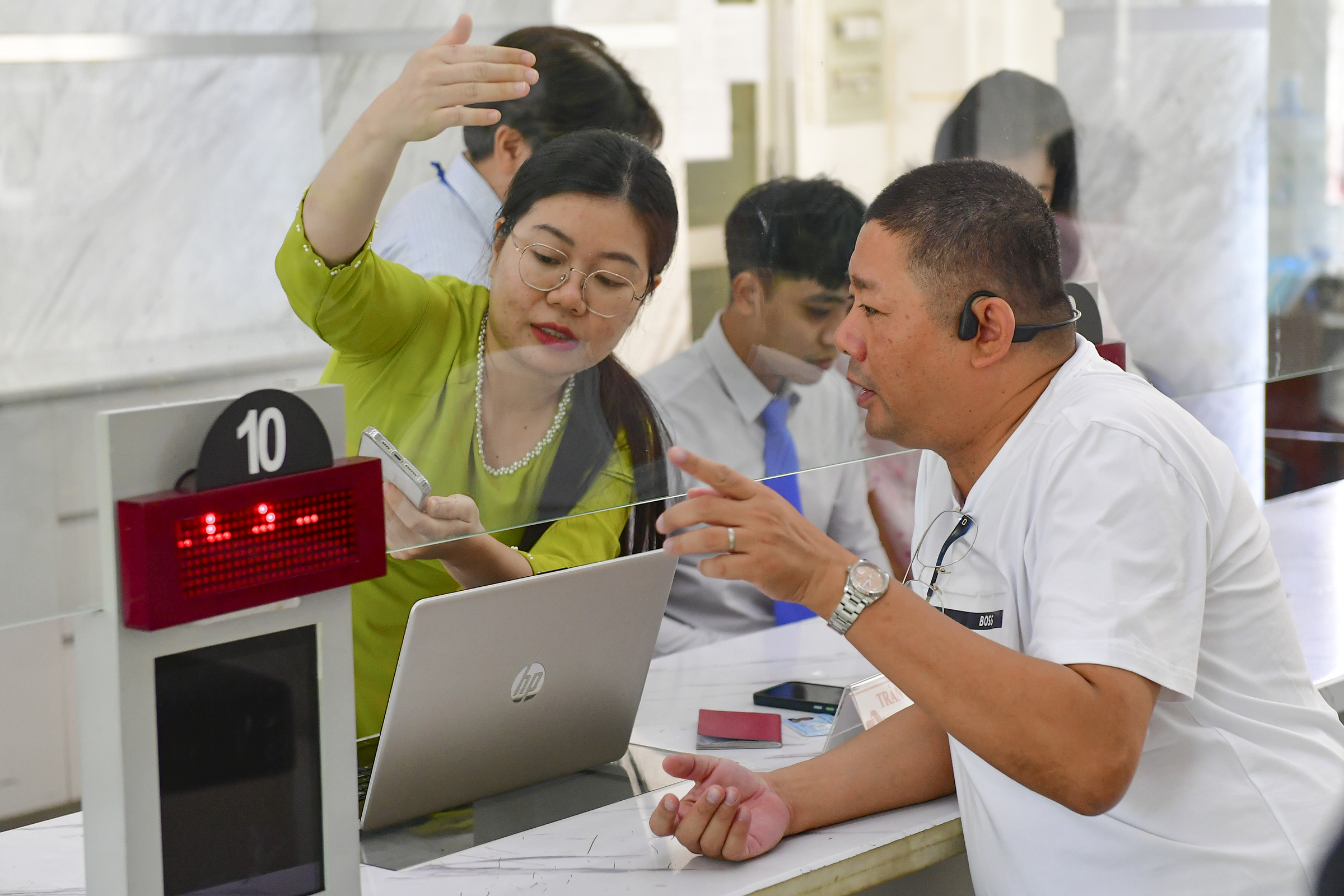 |
Residents carry out administrative procedures at Saigon Ward, Ho Chi Minh City on the morning of 1/7. Photo: Thanh Tung |
Residents carry out administrative procedures at Saigon Ward, Ho Chi Minh City on the morning of 1/7. Photo: Thanh Tung
The industry and trade sector has the most administrative procedures (257), with 90% handled at the city level. Construction (239 procedures) has about 80% at the city level. Meanwhile, justice (207 procedures) and education and training (150 procedures) have the highest percentage delegated to the commune level, at approximately 30%.
The Ho Chi Minh City People's Committee (UBND) has requested departments and sectors to review and adjust the process of resolving delegated and decentralized administrative procedures and submit them to the City People's Committee Chairman for approval by 10/7 at the latest.
Currently, all 168 wards, communes, and special zones have public administrative service centers. Nguyen Van Duoc, Chairman of the Ho Chi Minh City People's Committee, has also requested the development of a project to establish a two-tiered public administrative center within July and to have it operational by August, with one main office and 38 branches to support residents and businesses.
Administrative procedures are currently divided into two groups: fully online procedures, which residents can complete entirely online without needing to visit administrative offices (birth registration, death registration, tax declaration, criminal record checks, unemployment benefit registration, etc.); and partially online procedures, which allow online submission but still require in-person visits to verify original documents, sign, or receive results (issuing and exchanging land certificates, primary school enrollment, issuing health insurance cards for poor and near-poor households, etc.).
Le Tuyet






